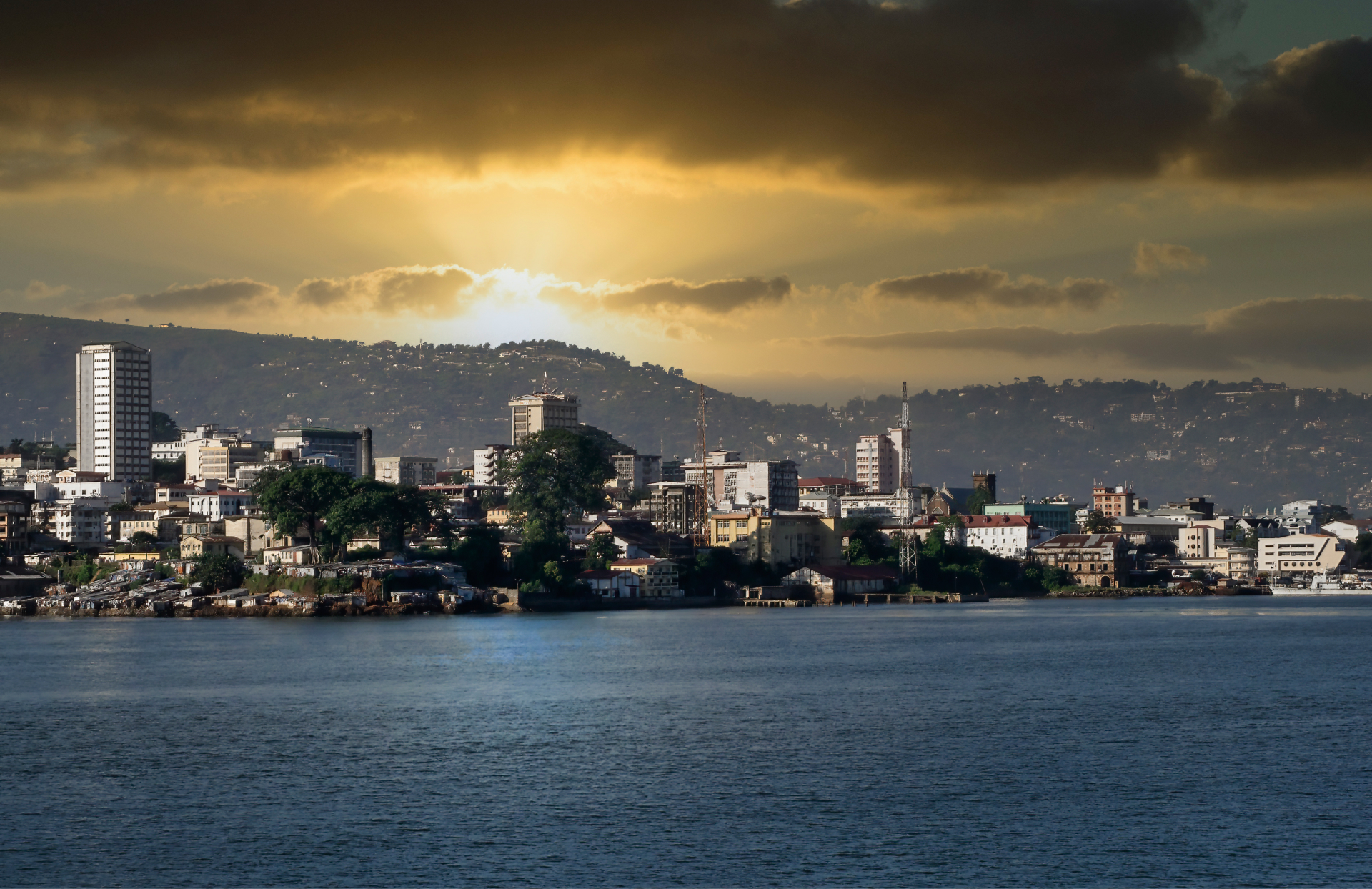
Challenges
General Challenges
- Inadequate staff to cover the 16 electoral districts
- Inadequate Logistics
- Increase in Hate Speech, misinformation and mal information
- Misuse and abuse of social media more especially by people outside of Sierra Leone
- Limited presence/visibility countrywide
- The high rate of Political illiteracy in the country
External Challenges
A. Political parties
Section 35 (1) of the 1991 Constitution of Sierra Leone requires political parties to contribute to shaping the political will of their members and the electorates and to disseminate information on economic, social and political ideas. This mandate has evidently been neglected by all political parties who have focused their energies on mobilizing young people for political rallies and giving wrong information to party members, which resulted in negative confrontations as noted in Freetown, Mile 91 and other places.
Additionally, the Commission slowly and with significant challenges followed the nomination process of all registered Political Parties with the ECSL (Former National Electoral Commission) and identified a number of issues including weak internal party governance, political intolerance, limited information flow, breach of party constitutions and limited inclusion of women in party governance.
B. The Electorates and other members of Political Parties
Another challenge of the commission is the debate between citizenship identity and party allegiance. Evidently, the electorate in general did not engage on political issues or ideas but most often than not, citizens engaged on parochial issues which resulted in violence.
C. The Media and its Impact on the Conduct of Political Parties
It was observed that stories and banner headlines published in some local tabloids did not engender the atmosphere for good multi-partism. This concern was also noted by international observers, who confirmed that some headlines were inflammatory in nature.
Additionally, it was observed that the manner in which radio interviews were conducted and questions crafted were often not helpful to political parties and their supporters to make informed choices. Interviews and responses even helped to reinforce stereotypes and create suspicion and tension among political parties.
D. Reliance on political god-fathers
Political Party supporters relied on their political god-fathers for information rather making informed and critical political choices. Unfortunately, most god-fathers did not give out the required information to their members and were not given the much needed information. Consequently, they were prized out of the political process.
E. Challenges with Political Parties to educate their members on the reason for their existence as provided in the 1991 Constitution
There is a seeming lack of a wholesome approach by political parties to teach or sensitize their membership on the provisions of Section 35 (1) of the 1991 Constitution of Sierra Leone. The Section provides that:
“…political parties may be established to participate in shaping the Political will of the people, to disseminate information on political Ideas, and social and economic programmes of a national character, and to sponsor candidates for presidential, parliamentary or
Local Government Elections.”
F. Engagement of the Electorate or Members of Political Parties on Legal Instruments, Communiqués, declarations and Codes of Conduct
There was a seeming lack of engagement and sustained sensitization by political parties of their members and electorate on the Public Elections Act of 2012, the Code of Conduct for Political Parties and the Bintumani Declaration. This gap manifested itself in the following ways:
- Tearing of posters
- Intolerance
- Politics of Green and Red etc.
- Disrespect for campaign schedules
G. Engagement on Manifestoes
It was observed that Political parties did not have sufficient time to educate the electorates on their party manifestoes. A survey conducted revealed that a large section of the electorate did not know about their parties manifestoes.
H. Citizenship identity vs. Party allegiance
It was manifested that the electorate in general did not engage on party and political issues or ideas. Most often than not, citizens engaged on parochial issues which resulted to negative confrontations as noted in Freetown, Mile 91 and other places;
Internal Challenges
A. Support from Government
Even though the Commission was established through a constitutional provision, it is still heavily donor funded. In fact, most of the Commission’s programs are funded by international organizations including the United Nations and other International stakeholders.
B. Inadequate Office space
Although the Commission is among the most important public offices in the Country, office space in many units is a significant constraint on reaching parity with other state institutions and even some of the registered Political Parties. Cramped and inadequate office space is a serious obstacle to visibility and acknowledgement of the work of the Commission. A modern infrastructure with state-of-the-art facilities, adequate office space is necessary for the Commission to carry out its primary mission. Planning for growth in the Commission and programs must go hand-in-hand with planning for adequate space.
C. Under staffed
A major challenge of the commission is inadequate number of staff to meet the growing demands on the commission. During the elections, in a bid to increase its capacity, the Commission recruited a significant number of staff, some on an ad hoc basis, to adequately monitor the activities of the Political Parties during this period.
Other challenges noted are as follows:
- Making choices for political parties; Association or membership of parties based on parochial sentiments rather than on ideology or on manifesto
- Separation of political parties from the functions of government
- Lack of understanding of the right to political association and participation
- Lack of understanding of the functions of state institutions
